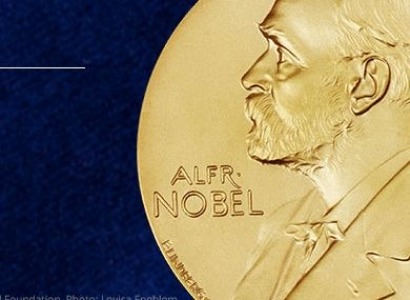
The three scientists will split a prize of $1.1 million, to be awarded in Stockholm on Dec. 10.
Prior to their breakthrough, others had produced red and green diodes, but the production of white light was merely a pipedream until blue diodes -- necessary for blending the other colors together --were developed.
Akasaki, Amano and Nakamura " succeeded where everyone else had failed,” the Royal Swedish Academy of Sciences said in a written announcement.
The Nobel committee predicted that light-emitting diodes, or LEDs, would be to the 21st century was the incandescent bulb was to the 20th -- a technology that would improve the quality of life of millions of people around the world.
“The LED lamp holds great promise for increasing the quality of life for over 1.5 billion people around the world who lack access to electricity grids. Due to low power requirements, it can be powered by cheap local solar power,” ,” the Nobel committee said.
In its announcement, the Swedish Academy noted that currently about one-fourth of the world’s electrical energy consumption goes to producing light.
Light emitting diodes, commonly called LEDs, are essentially tiny light bulbs that fit into an electrical circuit. But unlike an ordinary light bulb, they don't have a filament that will burn out, and they don't get hot. They are illuminated solely by the movement of electrons in a semiconductor material.
LED bulbs are also more durable than either fluorescent bulbs, lasting 10 times as long, or incandescent bulbs, lasting 100 times as long, according to the US Dept. of Energy.
For additional information:

